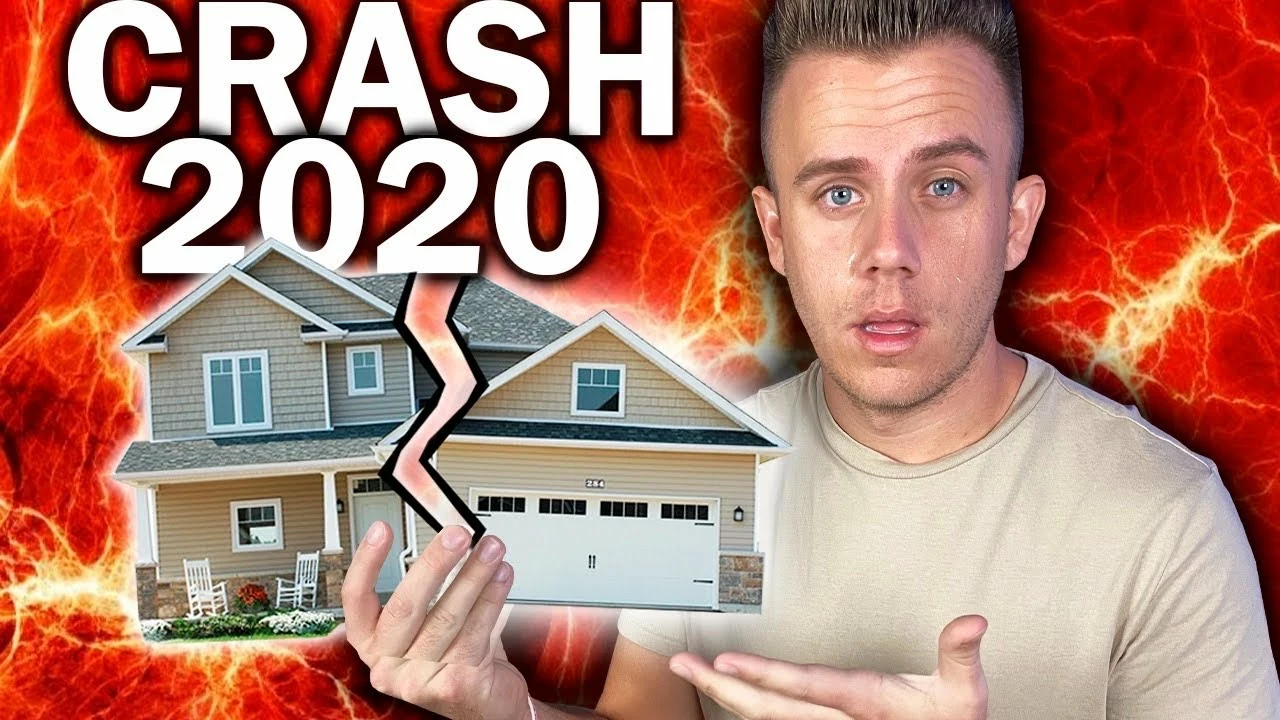Introduction: The Real Estate Market in 2024
As a blogger who closely follows the real estate market, I often get asked whether the market will crash in 2024. While it's impossible to predict the future with certainty, I can offer my insights and research to provide a better understanding of the factors that may affect the market in the coming years. In this article, I'll discuss various aspects of the real estate market, including potential triggers for a crash, the role of government policies, and the impact of technology on the industry.
The Impact of Interest Rates
Interest rates play a significant role in determining the affordability of housing and the overall health of the real estate market. When interest rates are low, borrowing money is cheaper, which can lead to increased demand for homes and higher prices. However, if interest rates rise, borrowing becomes more expensive, potentially leading to a decrease in demand and a decline in prices.
In recent years, we have witnessed historically low interest rates, which have fueled the current housing boom. However, many experts believe that interest rates will inevitably rise in the near future. If this happens, it could put downward pressure on the housing market and potentially lead to a crash. As a result, it's crucial to monitor interest rate trends and the actions of central banks to better understand the potential impact on the real estate market in 2024.
Government Policies and Regulation
Government policies and regulations can either support or hinder the growth of the real estate market. For example, tax incentives and subsidies for homebuyers can stimulate demand, while tighter lending standards and restrictions on foreign investment can have the opposite effect.
In the coming years, it's essential to keep an eye on government policies that could impact the real estate market. Changes in taxation, zoning regulations, and housing policies can all have significant effects on property values and the overall health of the market. A sudden shift in government policy could be a potential trigger for a market crash in 2024.
The Role of Global Economic Factors
The health of the global economy is another critical factor to consider when evaluating the potential for a real estate market crash in 2024. Economic factors, such as trade wars, geopolitical tensions, and fluctuations in commodity prices, can all impact property values and market stability.
For example, a global recession or a sharp decline in economic growth could lead to job losses and lower consumer confidence, which can then result in reduced demand for housing and a drop in prices. As we move closer to 2024, it's essential to keep an eye on global economic trends and any potential risks that may affect the real estate market.
Demographic Shifts and Housing Demand
Demographic shifts can have a significant impact on the demand for housing and the overall health of the real estate market. For instance, an aging population may result in a higher demand for smaller, single-level homes, while a growing population of young professionals might lead to increased demand for urban condos and apartments.
As we approach 2024, it's important to consider how demographic changes might affect the housing market. Will the demand for certain types of properties increase or decrease? How will this impact property values and the overall stability of the market? Understanding these trends can help us better predict whether the real estate market will crash in 2024.
Technology and the Future of Real Estate
Technology is rapidly changing the way we buy, sell, and manage real estate. Innovations like virtual reality, blockchain, and artificial intelligence are already having an impact on the industry, and their influence will only grow in the coming years.
As we look towards 2024, it's essential to consider how these technological advancements might affect the real estate market. Could they lead to increased efficiency and transparency, potentially reducing the risk of a market crash? Or, on the other hand, could they create new risks and vulnerabilities that might contribute to a downturn? The role of technology in the future of real estate is an important factor to consider when evaluating the potential for a market crash.
The Influence of Climate Change
Climate change is another factor that can't be ignored when discussing the future of the real estate market. As extreme weather events become more frequent and severe, properties in certain areas may become more vulnerable to damage or even become uninsurable.
In the coming years, it's crucial to consider the potential impact of climate change on property values and the overall stability of the real estate market. Will certain regions become less desirable due to increased risk of natural disasters? How will this affect demand and property values in those areas? Understanding the influence of climate change on the real estate market can help us better predict whether a crash is likely in 2024.
A Balanced Perspective on the 2024 Real Estate Market
As we've discussed, there are numerous factors that can influence the stability of the real estate market in 2024. While it's impossible to predict the future with certainty, considering these factors can help us gain a better understanding of the potential risks and challenges the market may face.
Ultimately, the key to making informed decisions about real estate investments is staying informed, monitoring trends, and remaining adaptable to changing market conditions. As we approach 2024, I'll continue to provide insights and analysis to help you navigate the complex world of real estate and make the best decisions for your financial future.


